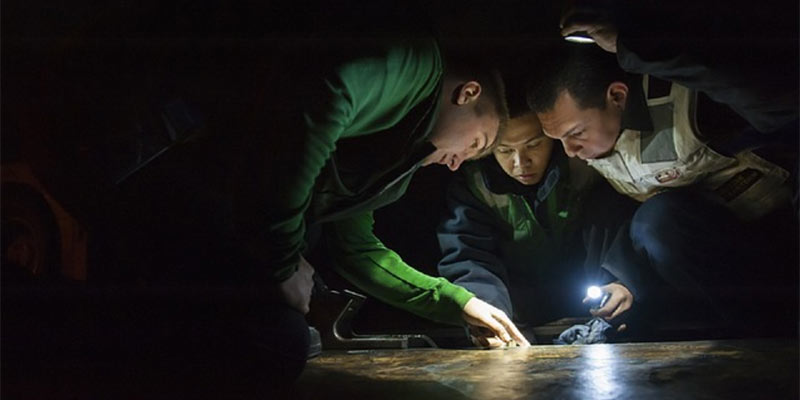
A house is one of the most monumental purchases that you will make in your lifetime. It’s so important as an investment that it’s often expected to last long enough for a new generation to take it over.
It’s paramount that you know you’re getting your money’s worth before you put your name down on the line. A faulty house, or a house that has many faults, is not only an expensive repair that’s waiting to happen, it’s also a danger to its occupants.
So, you get the idea, but why exactly should you never skip the inspection?
You Might Miss Hidden Defects
See, not all house defects can be spotted with the naked, untrained eye. You’re most likely going to miss a couple of things like plumbing, sewage, electrical wiring, and the like. These are things that are almost always built into the house the way that veins are found beneath the skin. A Licensed house inspector will know exactly where and what to look for.
The Home May Need Expensive Repairs
Don’t get me wrong; Repairs will often be expensive (as will the house inspections, but to a lesser degree that ranges from 300-500$ depending on house size). But the true wisdom here lies in being able to detect defects in order for you to be able to fix them right away instead of allowing them to get worse (and more expensive!). This way, you’re better able to gauge how much repairs are going to cost.
Inspections Give You Price Leverage (Buyers)
A home inspection, or rather, the cost of it, is a potent tool to use when negotiating for a lower ticket price for the house that you intend to buy. As we’ve previously stated, a home inspection is nothing close to cheap.
Inspections therefore come in really handy when a house that you want to buy is at the ceiling of the price range that you’re willing to pay. A few hundred dollars off the total price just might be able to help you not only buy the house of your dreams, it might also leave you with enough money to pay for the necessary repairs.
Inspections Give You Loan Leverage
Naturally, lenders aren’t going to want to lend you money for a bad investment. While at face value, it may seem that what you buy with the money they lend you is none of their business, the truth is that it has everything to do with their business. No lender wants a loss. And well, they’re always going to want collateral in case you’re unable to pay your mortgage.
If you buy a bad house that has significantly less value that the actual value, and if you, unfortunately, forfeit the house, the lender is left with a sub-value house and they cannot recoup their losses.
Guaranteeing that the house you’re going to buy is not faulty is a big boost to the probability of being able to successfully apply for a house loan.
